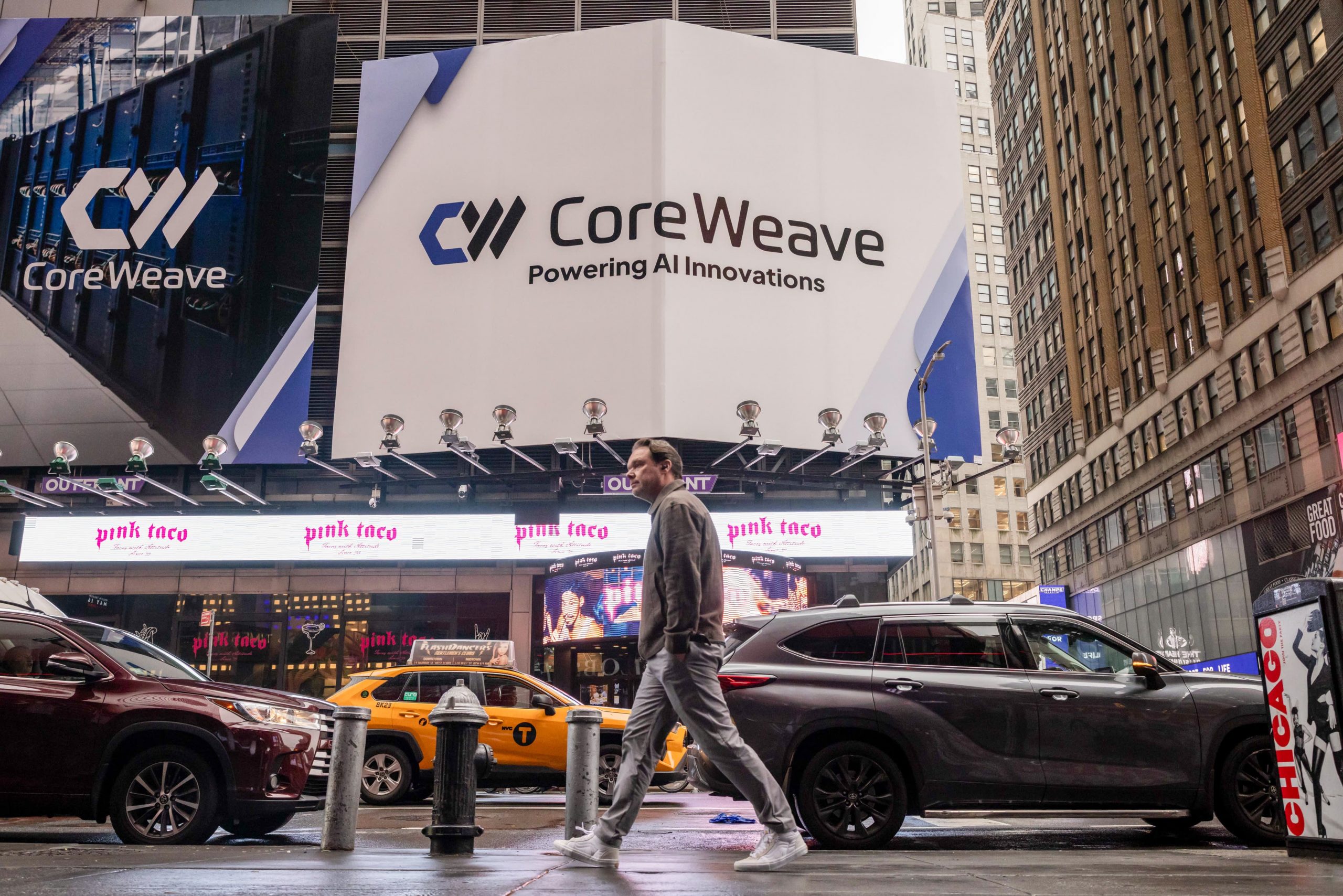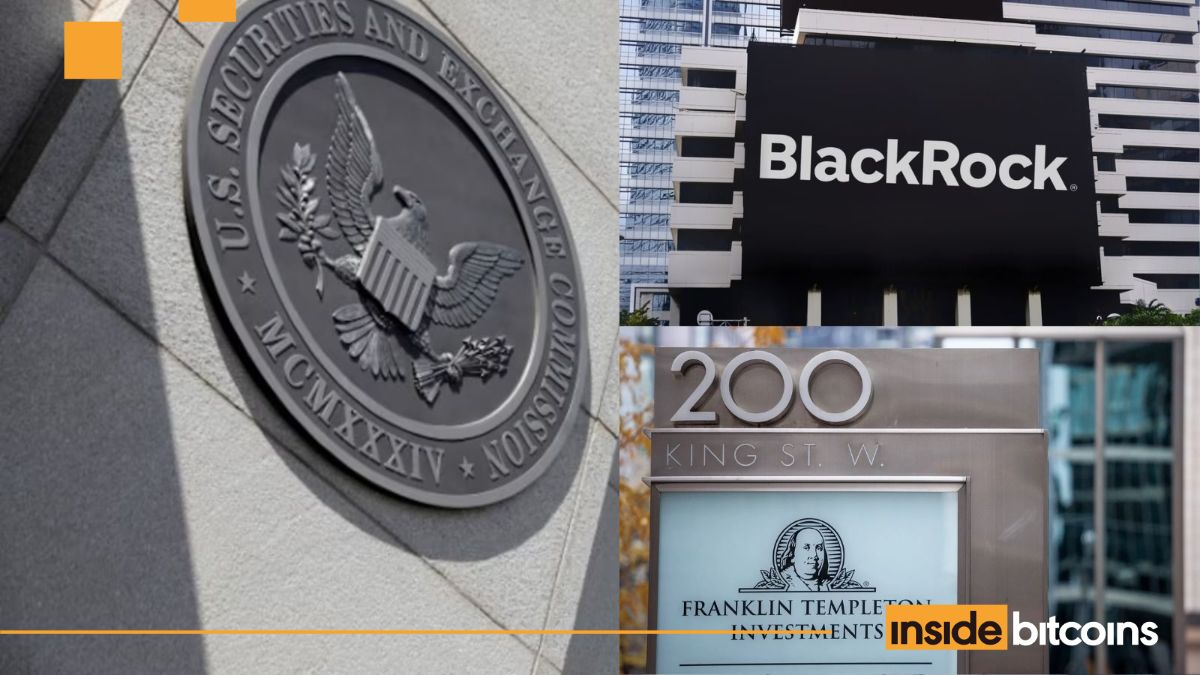ISS Urges Shareholders to Reject CoreWeave’s $9bn Bid for Core Scientific as Investors Signal Preference for Independence


A leading proxy advisory firm, Institutional Shareholder Services (ISS), has urged investors to vote against artificial intelligence infrastructure company CoreWeave’s proposed $9 billion all-stock acquisition of data center operator Core Scientific, saying the latter has achieved “considerable success as a standalone company.”
The recommendation, released Monday, sets the stage for a contentious shareholder vote scheduled for October 30 that could decide whether one of the most high-profile mergers in the AI computing infrastructure space proceeds or collapses. ISS said Core Scientific’s strong recovery and operational momentum since emerging from bankruptcy in January 2023 make a continued independent path appealing for shareholders.
Core Scientific has achieved considerable success as a standalone company and could continue to operate independently. ISS believes that the fixed exchange ratio structure exposes shareholders to potential downside risk as CoreWeave’s stock price fluctuates.
Register for Tekedia Mini-MBA edition 18 (Sep 15 – Dec 6, 2025): registration continues.
Tekedia AI in Business Masterclass opens registrations.
Join Tekedia Capital Syndicate and co-invest in great global startups.
Register for Tekedia AI Lab: From Technical Design to Deployment.
When the deal was first announced in early July, CoreWeave, which offers Nvidia-powered cloud computing infrastructure for AI workloads, proposed to acquire Core Scientific in an all-stock transaction with an implied value of $20.40 per share. At the time, the bid valued Core Scientific around $9 billion, but since then, CoreWeave’s shares have fallen, reducing the effective value of the offer.
Investor skepticism began surfacing almost immediately after the July announcement. Two Seas Capital, one of Core Scientific’s largest shareholders, publicly declared its opposition, arguing that the sale process was flawed and the offer “materially undervalued” the company. It said the fixed share ratio left Core Scientific’s shareholders “vulnerable to fluctuations in CoreWeave’s stock price.”
“We see no reason why Core Scientific shareholders should accept such an underwhelming deal,” Two Seas Capital wrote in a letter to investors on Friday. “Based on recent trading data, we see little evidence that they will.”

Core Scientific’s shares fell nearly 18% on the day the deal was announced but have since rebounded sharply, closing at $18.81 on Monday and rising more than 5% in post-market trading after ISS released its opposition. The rally reflects growing investor confidence that Core Scientific may be worth more on its own than as part of CoreWeave.
CoreWeave’s chief executive, Michael Intrator, expressed disappointment with ISS’s recommendation but stood firm on the offer’s terms, signaling the company would not sweeten its bid despite market pushback.
“We think that the bid that we put out there for [Core Scientific] is a fair representation of the relative value of the two companies as an all-stock deal,” Intrator told CNBC on Tuesday. “We are going to just kind of proceed as we have, in the event that the transaction does not go through. It is a nice to have, not a need to have for us.”

He added, “Everything has a value, and the number we put out is the value we’re willing to pay for them under all circumstances.”
Intrator’s comments underscore CoreWeave’s attempt to project confidence amid uncertainty about the vote outcome. His characterization of the merger as a “nice to have” rather than a necessity contrasts sharply with the market’s interpretation of CoreWeave’s broader expansion drive in the AI infrastructure sector.
CoreWeave has been on an aggressive acquisition spree this year, seeking to deepen its footprint in the AI computing ecosystem. The company has acquired or pursued several AI-related firms, including OpenPipe, Weights & Biases, and Monolith, as it aims to expand its software and hardware integration capabilities.
“We’ve been in acquisitive mode as we continue to build and extend the functionality of our company,” Intrator said.
The New Jersey-based firm, backed by investors such as Magnetar Capital and Nvidia, has rapidly grown into one of the largest providers of AI computing power to hyperscalers, including Microsoft. Its infrastructure runs on Nvidia’s high-end graphics processing units (GPUs), which are in high demand for training large language models and other generative AI applications.
The proposed acquisition of Core Scientific, a Texas-based Bitcoin miner that repurposed much of its infrastructure for high-performance computing, was intended to bolster CoreWeave’s data center footprint and energy management capabilities. The merger, if approved, would create one of the largest vertically integrated AI infrastructure networks in the United States.
Core Scientific’s trajectory since its bankruptcy exit last year has been marked by steady improvement. The company expanded its hosting business, cut debt, and improved cash flow amid a broader recovery in digital asset prices and demand for computing power. That turnaround has become a central argument for opponents of the deal who believe Core Scientific can unlock higher shareholder value independently, especially as AI-related workloads surge.
The ISS recommendation carries considerable weight in influencing institutional votes. Proxy firms like ISS and Glass Lewis often help shape the outcomes of corporate mergers and acquisitions, especially when institutional shareholders are divided or undecided.
While CoreWeave argues that combining with Core Scientific would create operational synergies and cost efficiencies, critics contend that the offer undervalues Core Scientific’s potential. The market’s reaction appears to support that view: Core Scientific’s stock has consistently traded below the implied bid price but has shown resilience, suggesting investors are positioning for the deal’s rejection.
CoreWeave’s unwillingness to raise its offer also signals confidence in its standalone growth trajectory, driven by booming demand for AI compute infrastructure. The company has raised billions of dollars in funding in 2024 and expanded data center capacity to meet surging demand from AI model developers and cloud providers.
Still, the ISS report’s timing could significantly sway sentiment before the October 30 vote. Should shareholders reject the acquisition, Core Scientific would continue independently, while CoreWeave would maintain its strategy of scaling through smaller, targeted acquisitions.
However, the market appears to be betting against a merger for now. Core Scientific’s shares have outperformed since the deal’s announcement, while CoreWeave’s stock has drifted lower — a divergence that reflects investors’ contrasting assessments of value and leverage in the AI infrastructure race.





